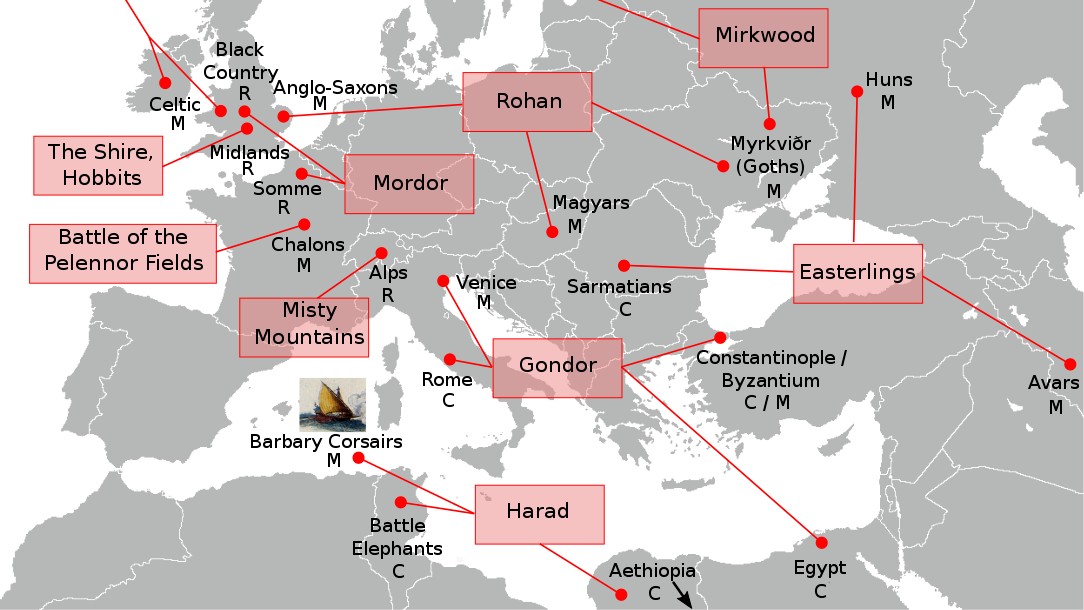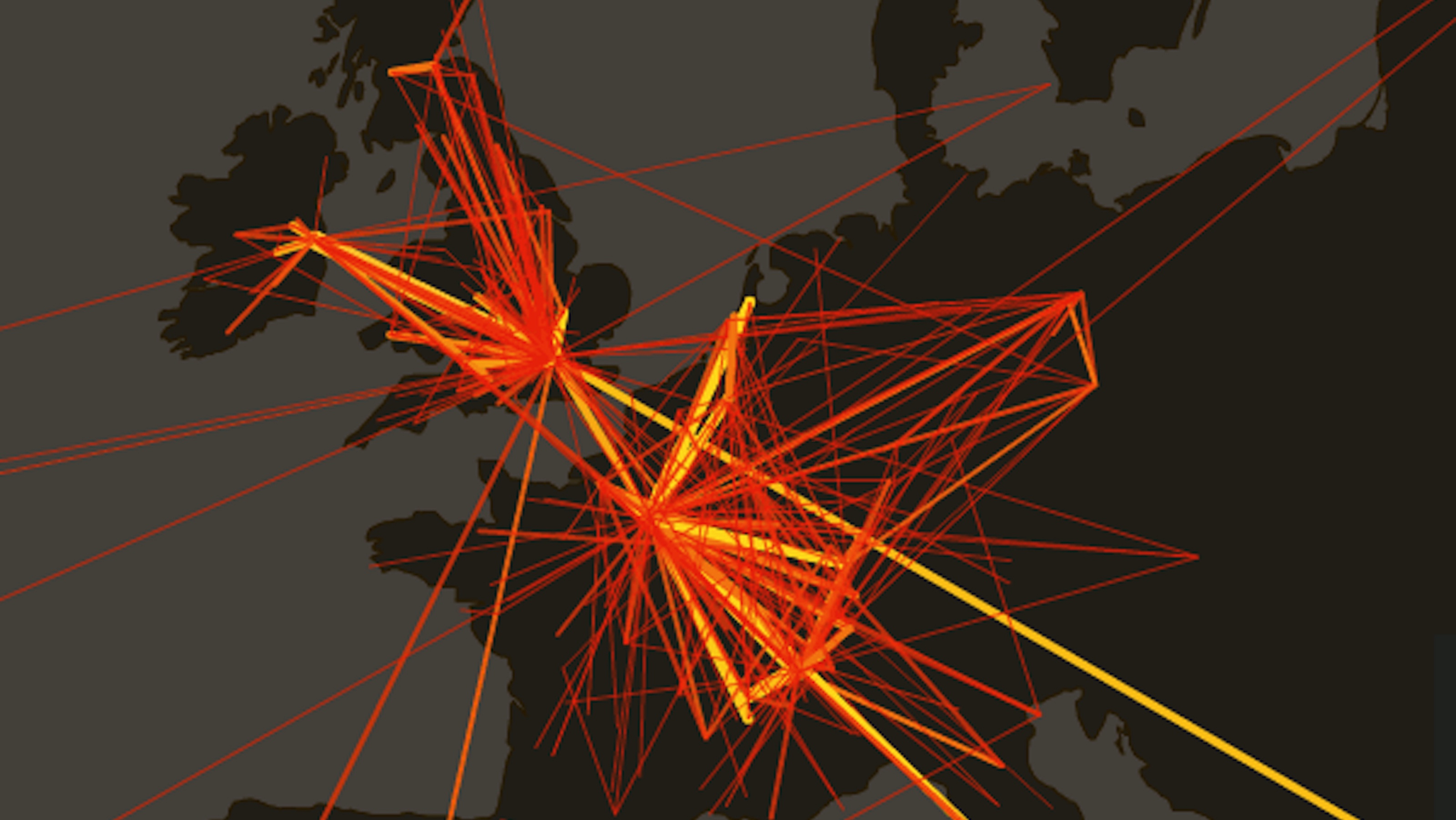“The United States does not know what it stands for,” explains political scientist Ian Bremmer, president of the Eurasia group and author of the new book Superpower: Three Choices for America’s Role in the World. Ever since the fall of the Soviet Union, the United States’ foreign policy has been almost entirely reactive. It has become uncertain of its role in the world. And yet, the United States is the planet’s only major superpower. It’s the only nation able to project power globally: economic, political, diplomatic, technological and soft or cultural power.
Bremmer delves into why America’s existential crisis has global powers shaking their heads, and why U.S. foreign policy is in decline
Ian Bremmer: A superpower is a country that has the ability to project power globally, both economic, political, diplomatic, technological and soft power, cultural power. And in that regard there’s really only one country in the world that is a superpower today and no one else is remotely close and that’s the United States. As a superpower, we have known historically; when the Soviet Union was around, we knew very clearly what role we should play. We were making the world safe for democracy. We were in charge of a global economic order. We led the process of globalization. We created a global Internet, global standards around governance, global institutions like the WTO, the World Bank, the United Nations. I mean all of that. After World War II when we were the only country left standing, that was the role that America played as a superpower. And that really existed for about a half a century of a geopolitical order that was quite dangerous, but quite stable.
Now when the Soviet Union collapsed, we’ve experienced about 25 years of a geopolitical environment that is much more unstable though not particularly dangerous. And over the course of that period America’s role has become more uncertain. U.S. foreign policy has been more reactive, more risk-averse and we haven’t talked a lot about doctrine. Certainly not very much about strategy.
Well here we are at 2015; the geopolitical environment is both unstable and getting very dangerous. We have failed states across the Middle East. We have the most powerful terrorist organization the world has ever seen. We have more refugees than at any point since World War II. We have the Russians invading a sovereign state and telling us they don’t care what the consequences we might meet against them will be. And we have the Chinese increasingly asserting themselves economically all over the world to challenge a U.S.-led order.
And yet the United States does not know what it stands for. Americans really do not know. We know we’re the superpower, but we don’t know what it means. We don’t know what our purpose is. We have an existential crisis and perhaps more worryingly, our allies have the same thought. When I talk to foreign ministers around the world of whether it’s Singapore or Canada, whether it’s Great Britain or Germany, whether it’s Israel or Saudi Arabia, I’m hearing countries that are saying, "What do you want? What do you stand for? Can we count on you? Should we be hedging our relationships with other countries?" And they are doing that indeed.
So here we are at 2015 and the United States is the world’s only superpower. We are clearly not in decline and yet our foreign policy influence is absolutely in freefall. And that’s abundantly clear from what we’re seeing transpire around the world. I think American foreign policy is in the critical state that it is in part because the Americans are less interested in playing the role that we have historically. You know some of that is $3 trillion in wars in Iraq and Afghanistan that were seen to be very, very badly managed. Part of it is an energy revolution and a food revolution that means that we don’t really need — we don’t depend economically on other parts of the world, unstable parts of the world the way we used to. A part of it is the United States with mechanisms, with tools of power like cybersurveillance and like drones and the weaponization of finance using the dollar as a stick to compel other countries to do what we want.
All of those policies don’t require an awful lot of coordination with allies. We can do it ourselves. I mean ask Angela Merkel if she thinks we need her for cybersurveillance, right. You know it’s not NATO, right. It’s a lot more what’s happening in Washington, what we feel like doing. And it’s not all about the U.S. A lot of it is also about allies that are less capable, less willing.
Certainly in Europe we’re seeing a lot of that. In the Middle East we’re seeing a lot of that. And it’s also about a Russia, which is in decline and a Russian leader who really wants to subvert a U.S. order. And it’s about a China that’s absolutely not in decline; that’s resurging. It will soon be the largest economy and they’re getting much more assertive about their willingness to challenge America economically and our ideas and principles economically. So definitely it is becoming a top agenda item that U.S. foreign policy is very much in decline.






